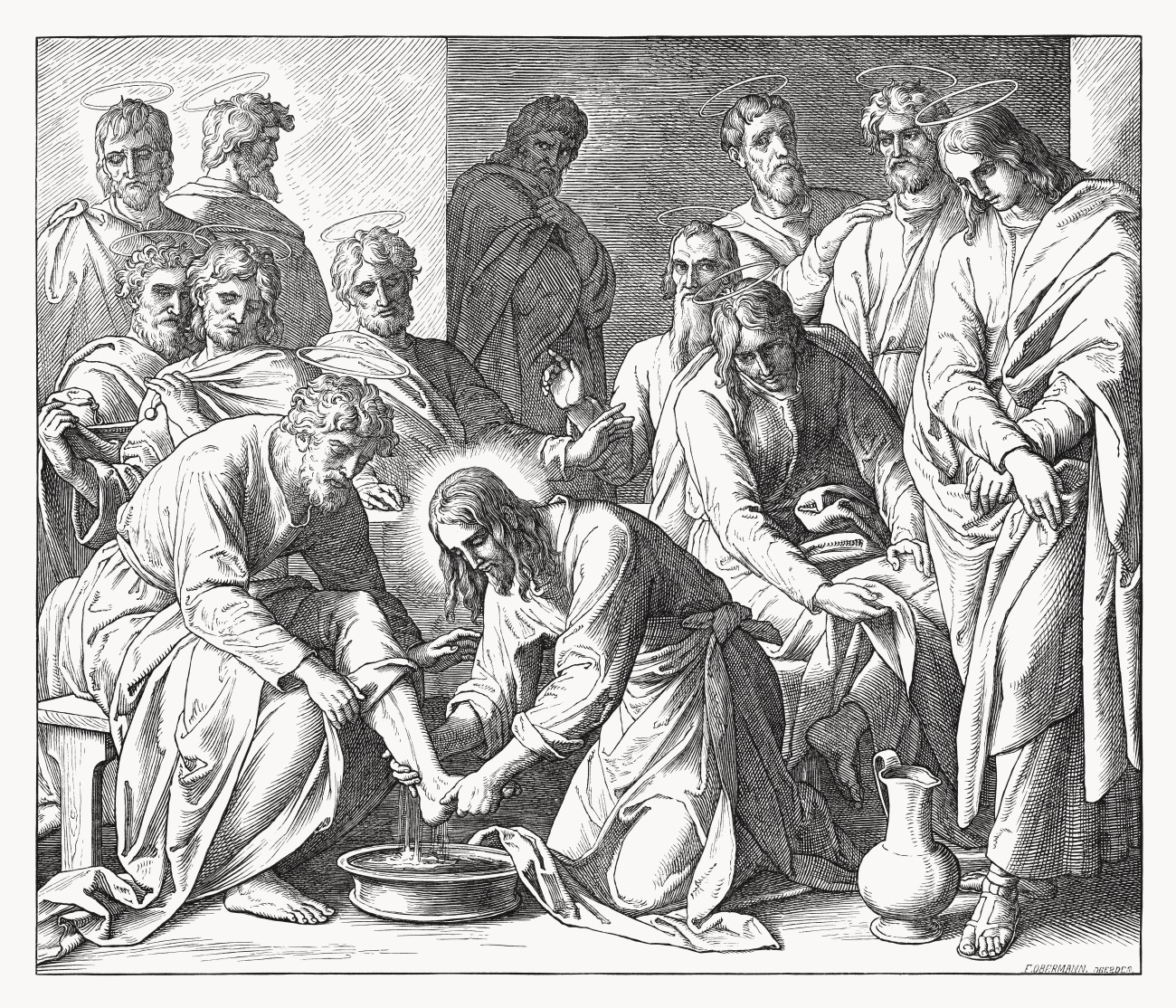It is a matter of some real concern that we live in an age where the meaning of words is being purposefully altered for less than honest reasons and are certainly misleading. This should be a cause for concern, especially for Christian believers because if the meaning of words is no longer universally understood, what happens to the quest for truth? What happens to the mission of passing on the truth, that is, the wisdom of God, to a broken, ignorant, and rebellious world?

The word that stands out above all others in the Christian message is the word “love.” It is a word whose meaning the world has repeatedly attempted to change for its own not-so-noble purposes. But as Christians, we know that love is the reason and genesis for Creation, It is the reason for the Incarnation. It is the reason for the Death and Resurrection of Jesus, the Christ. Indeed, Jesus is the Word of God, he is the Love of God made visible and tangible. Where do we get this idea? From scripture. 1 John 4: 7-8, tells us, “Beloved, let us love one another because love is of God; everyone who loves is begotten by God and knows God. Whoever is without love does not know God, for God is love.” Love, then, is also the mission that every baptized Christian is commissioned to carry out in the world, by the Word of God himself.

In another place, Jesus reveals this truth in his response to the Pharisees and Sadducees when they ask him, “Teacher, of the commandments, which is the greatest?” He knows their intentions and responds in a way that silences them, because it is the “Shema,” the central confession of Judaism, “You shall love the Lord, your God, with all your heart, with all your soul, and with all your mind. This is the greatest commandment. The second is like it: You shall love your neighbor as yourself. The whole of the law and the prophets depend on these two commandments” (Mt. 22: 36-40). In yet another place, just after Jesus has very pointedly washed the feet of the Apostles at the Last Supper, he tells them, “A new commandment I give you: Love one another. As I have loved you, so you must love one another” (John 13: 34).
What does it mean to love then? To love our neighbor, one another means that we will his or her ultimate good, that we are willing to sacrifice, even our own immediate good for the ultimate good of the other. To love the other rightly is to know that the ultimate good of the other, our neighbor, is to know and love God and in doing so, to attain eternal salvation. This is our ultimate good, too. Indeed, we properly love ourselves by living according to God’s law and seeking eternal life with him. We are all called to live lives of holiness. The quest for holiness is a requirement for Christian discipleship. In truth, though, we often fail, we stumble, and we sin, but we must always keep the moral commandments in view and we must always strive to overcome our sins, with God’s grace, because we are indeed beings meant for spiritual greatness, beyond our wildest imaginations. It is also true that the lack of Christian love allows for all kinds of evil. All you have to do to see this is to look at the evening news.

Catherine de Hueck Doherty, who escaped Russia after the communist revolution, emigrating to Canada, summarized this dual command of love when she wrote, “Let every day be the day of beginning again, of loving Christ a little more, of hungering for him a little more, of turning our face to him. To accomplish this, all we need to do is to look at the person next to us. We must never forget that we shall be judged on love alone. And there is only one way to love God and ‘prove it’ to him: by loving our ‘neighbor’, the person next to us at any given moment. I repeat, turning our face and heart to Christ simply means turning to the one who is next to us at this particular moment in our life. If we do that, dearly beloved, we shall be saints.”
SKM: below-content placeholderWhizzco for FHB

